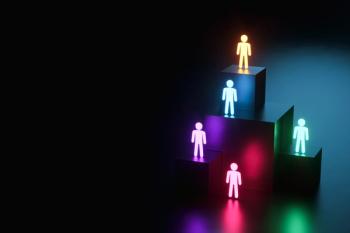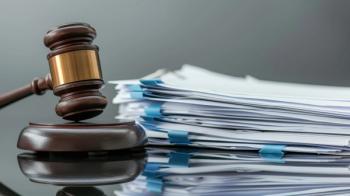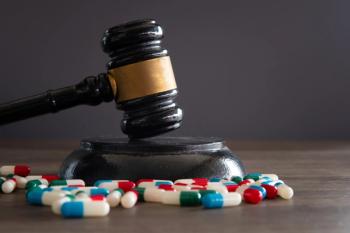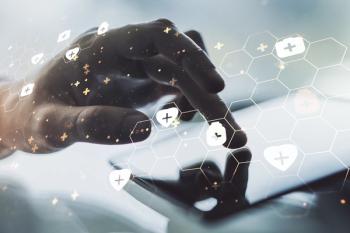
- Drug Topics October 2020
- Volume 164
- Issue 10
Mask Wearing: A Small Sacrifice for the Greater Good
In the absence of rock-solid data to the contrary, wearing a mask seems to be a small sacrifice to protect each other’s health.
The high school football teams in our area are playing football. Only 250 people are allowed in the stands, including the team, coaches, cheerleaders, band, and parents. Everyone is frustrated. Kids have sacrificed their teen years in the weight room, on the practice field, and in the classroom preparing for their time to shine on the gridiron. Risks versus benefits. Kids playing football regularly have risks of concussion, strains, sprains, and broken bones.
To a kid, the risk is worth the benefits of participating in a team sport and possibly getting their chance to be a “star.” Ask any 9th grader’s parents about the benefits of their kid playing football and you will hear in the conversation the chance of a college scholarship.
Our society seems willing to take a risk if it sees benefits. Immuniza-tions, for example, have a very slight risk but great benefit. Antivaxxers focus on the miniscule risks and pay no attention to the benefits. My mom, who had many friends affected by polio in the 1930s and 1940s, marched all 4 of us to the high school to get our dose of Sabin oral polio vaccine when it became available in the early 1960s. Mom knew the benefits.
My dad, a World War II veteran, like millions of others, risked his life for the benefit of his country serving in the US Army. What he witnessed in the European Theater of action, from Northern Africa, Anzio beach, Rome, and Germany was so horrific that he never shared it with his kids. Dad knew the benefits. Back home, the citizens of our country were called upon to ration fuel, sugar, tires, steel, and other necessities for the war effort. A collective effort was made for the common good. They were referred to as the “greatest generation.” The country knew the benefits.
And now, we are asked to wear a cloth face covering, to not only protect ourselves but also to protect oth- ers during the coronavirus disease 2019 (COVID-19) pandemic. I work
in the pharmacy for nearly 9 hours each day and wear my mask the entire time I’m near anyone. Do the masks help? We got off to a rocky start with masking when the CDC recommended not wearing them in February and early March. On April 24, the CDC officially recommended wearing a mask. However, folks that choose not to wear the mask simply point to the February recommendations.
On the other end of the spectrum are the “mask police,” who want to call out everyone at the pharmacy who removes their mask, even for a brief moment. Yes, one of my customers did that, stating, “The workers could cough and get COVID all over my pills.” The plastic barrier, the sanitizing of the surfaces every hour, and the abundance of hand sanitizer were not enough.
I’d like to offer a proposal to those mask police out there. Whether you are in academia or management, I’d like all licensed pharmacists to join in unity on October 30 to support their brothers and sisters in community pharmacy by wearing a mask for the entire work day. We community pharmacists will even let you take yours off to eat lunch!
In the absence of rock-solid data to the contrary, wearing a mask seems to be a small sacrifice to protect each other’s health. One of the wiser health care practitioners I work with offered this: “We as a country do not have the collective grit to make large-scale sacrifices for the greater good of the society.” Big benefits...I’m not sure, but definitely a very small risk.
Articles in this issue
over 5 years ago
Breast Cancer Pain Management Optionsover 5 years ago
Combatting the Common Coldover 5 years ago
Pharmacists Offer Tips on Weight Management in Diabetesover 5 years ago
Election 2020: What Pharmacy Needs from the Next Administrationover 5 years ago
Celebrate the Pharmacy ProfessionNewsletter
Pharmacy practice is always changing. Stay ahead of the curve with the Drug Topics newsletter and get the latest drug information, industry trends, and patient care tips.























